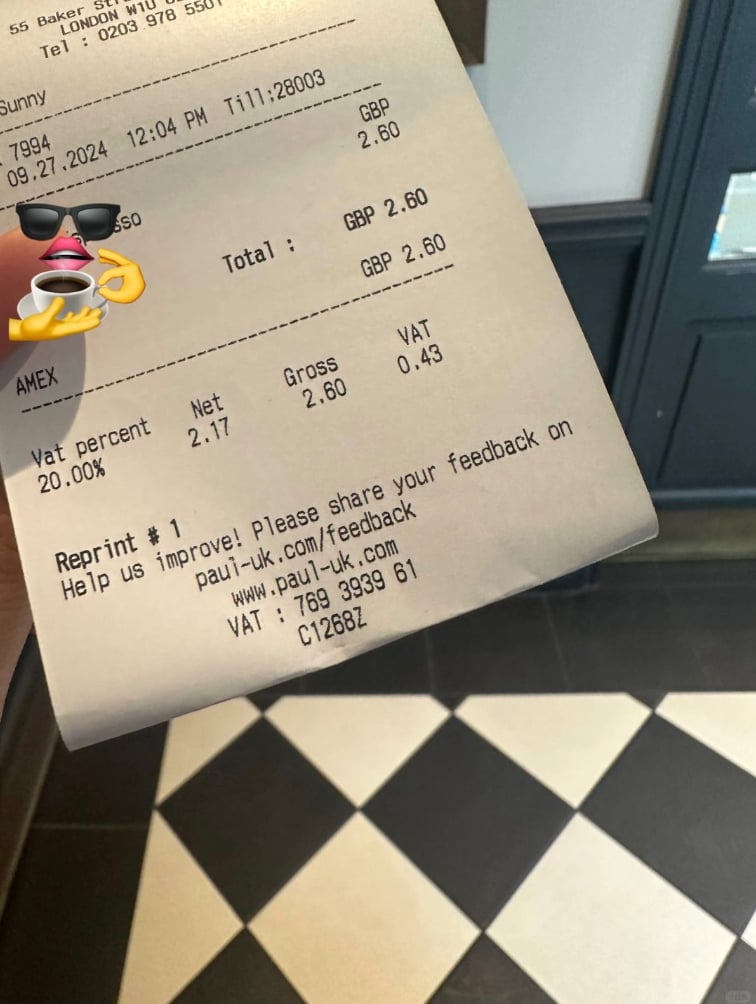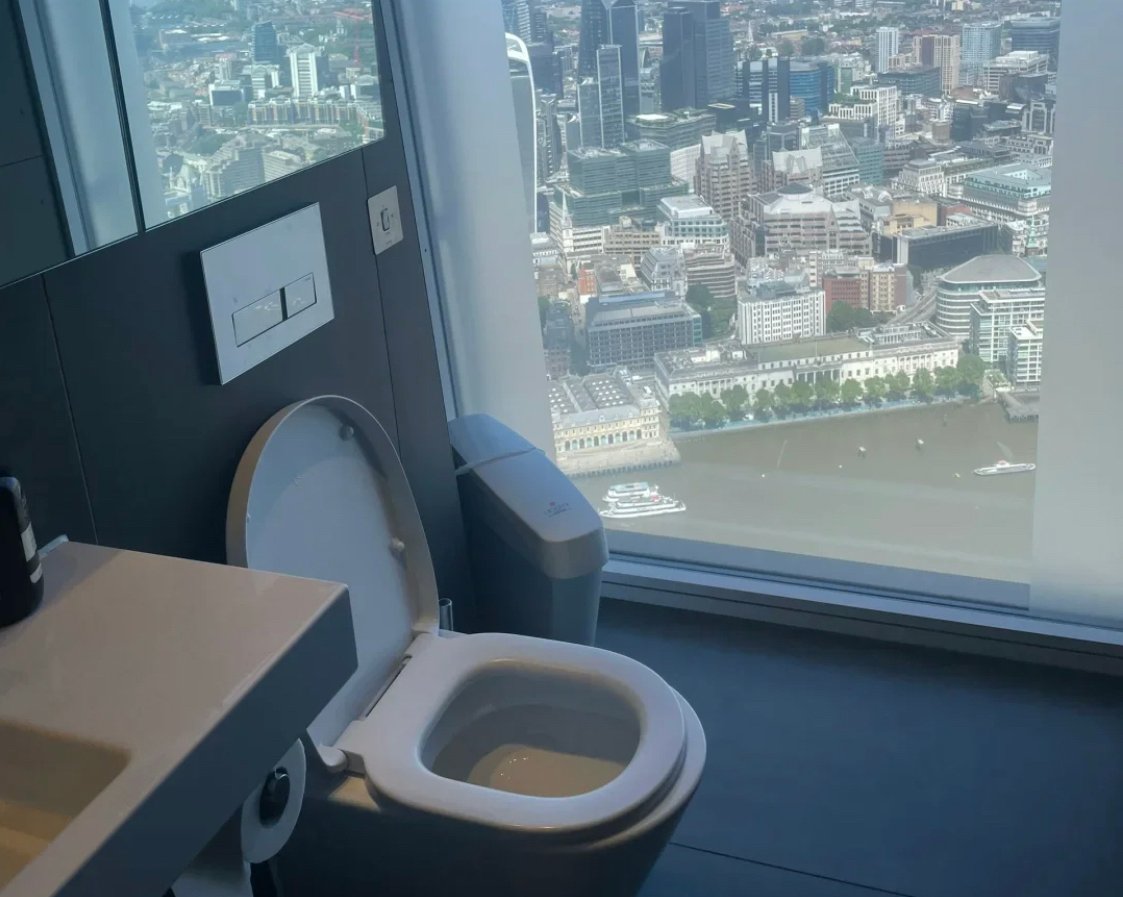When we think about travel tips shared on social media, bathroom codes might not be the first thing that comes to mind. However, finding and sharing access codes for toilets in international locations has become an unexpected sensation on popular lifestyle platform Xiaohongshu. Chinese netizens have created a growing community around collecting these bathroom access codes, turning a basic need into an online phenomenon that bridges cultures and highlights surprising differences in global bathroom etiquette.
In China, public bathrooms are generally free and easily accessible, whether in shopping centers, parks, or transit hubs. However, in many other countries, accessing a public restroom can require payment or an access code, often found on a receipt from a nearby café or restaurant. For Chinese travelers unaccustomed to this, the cost and inconvenience can be frustrating and bewildering. These differing expectations have sparked a wave of Xiaohongshu users to share international restroom codes, enabling their fellow travelers to sidestep fees and ensure a smoother journey.

One popular Xiaohongshu post might detail a Starbucks restroom code in Paris, while another lists the combination for a mall restroom in Tokyo. Travelers contribute by updating these codes regularly, as they often change to prevent unauthorized access. But the community on Xiaohongshu is persistent; they are eager to help fellow Chinese travelers avoid the surprise of locked restrooms and the associated costs. As a Chinese netizen humorously commented, “In a word, as long as you open up the Chinese internet, the whole world’s toilet passwords are under your control.”
Another netizen expressed their frustration with a funny yet logical hypothetical scenario: “If I have diarrhea, do I have to queue up to buy something and get the password before I go poop? Wouldn’t I have already pooped in my pants?” This comment, equal parts humorous and exasperated, reflects the confusion many feel when encountering locked bathrooms in situations where time is of the essence. The idea of being required to make a purchase in a moment of urgency feels absurd to travelers who come from a country where toilet access is seen as a public right.
The popularity of these posts reveals an interesting cultural divide. In many Western countries, where some business owners perceive bathroom access as a security issue, charging for use is seen as necessary for maintaining cleanliness and upkeep, while in China, free restroom access is considered a public service. The need for bathroom codes feels alien to many Chinese tourists, and the online community’s response reflects a blend of curiosity and amusement. The phenomenon also speaks to the digital age’s unique solutions to everyday travel challenges.
Ultimately, this trend showcases how Chinese netizens use Xiaohongshu not just for product reviews or lifestyle tips, but also as a tool for navigating cultural differences abroad. For some, these shared restroom codes are a small but meaningful resource, turning a basic human need into a playful, community-driven solution. And who knows? Next time you find yourself in a pinch in an unfamiliar city, you might just find your bathroom code on Xiaohongshu.
Banner image via Xiaoyang’s London Diary on Xiaohongshu.


















